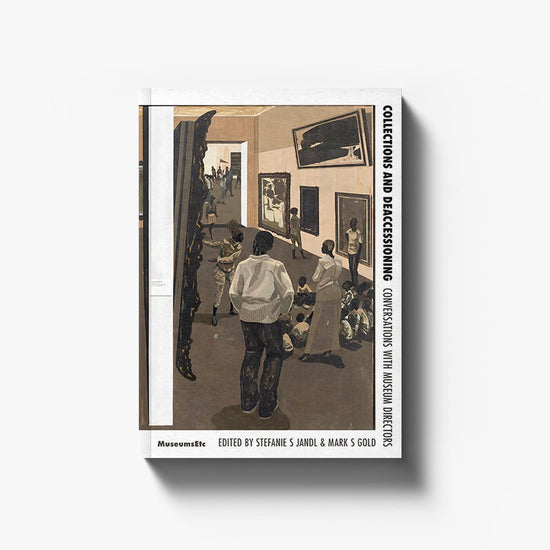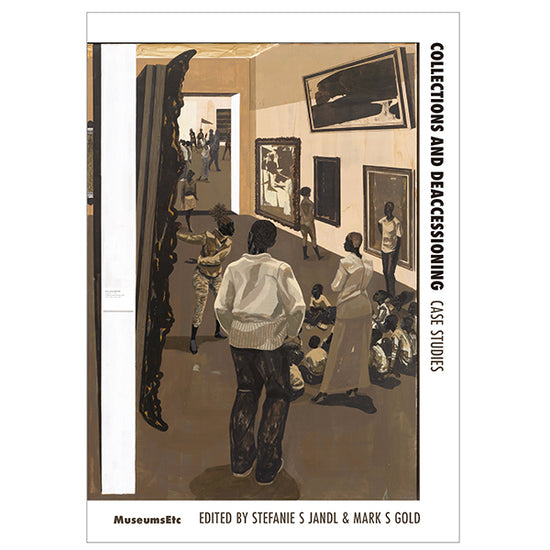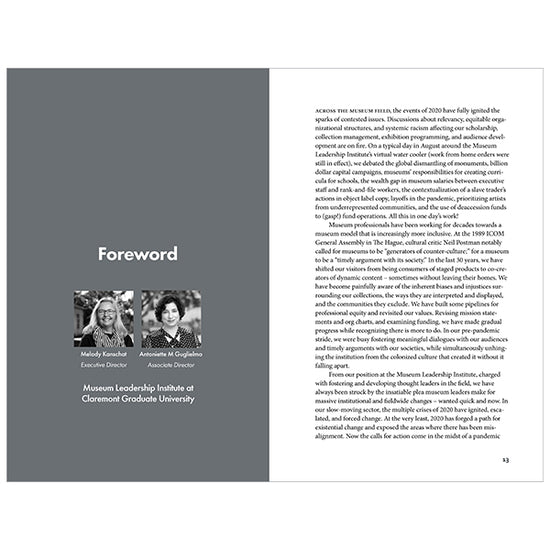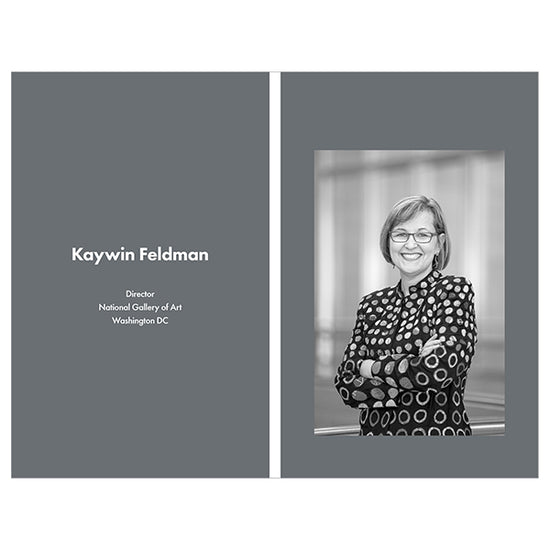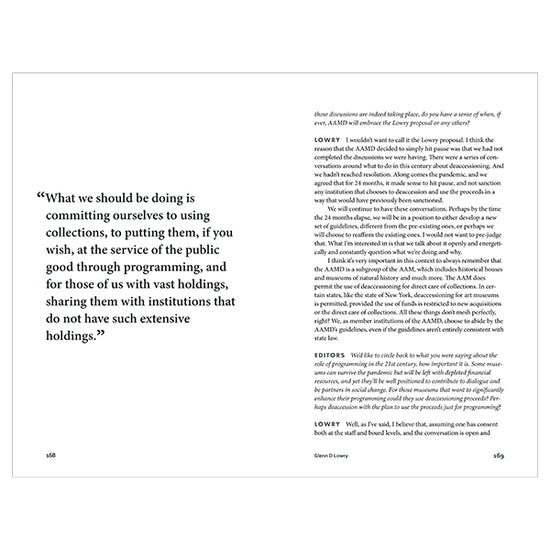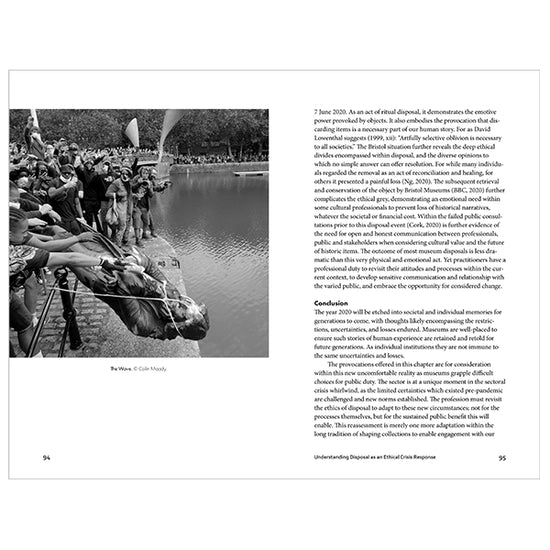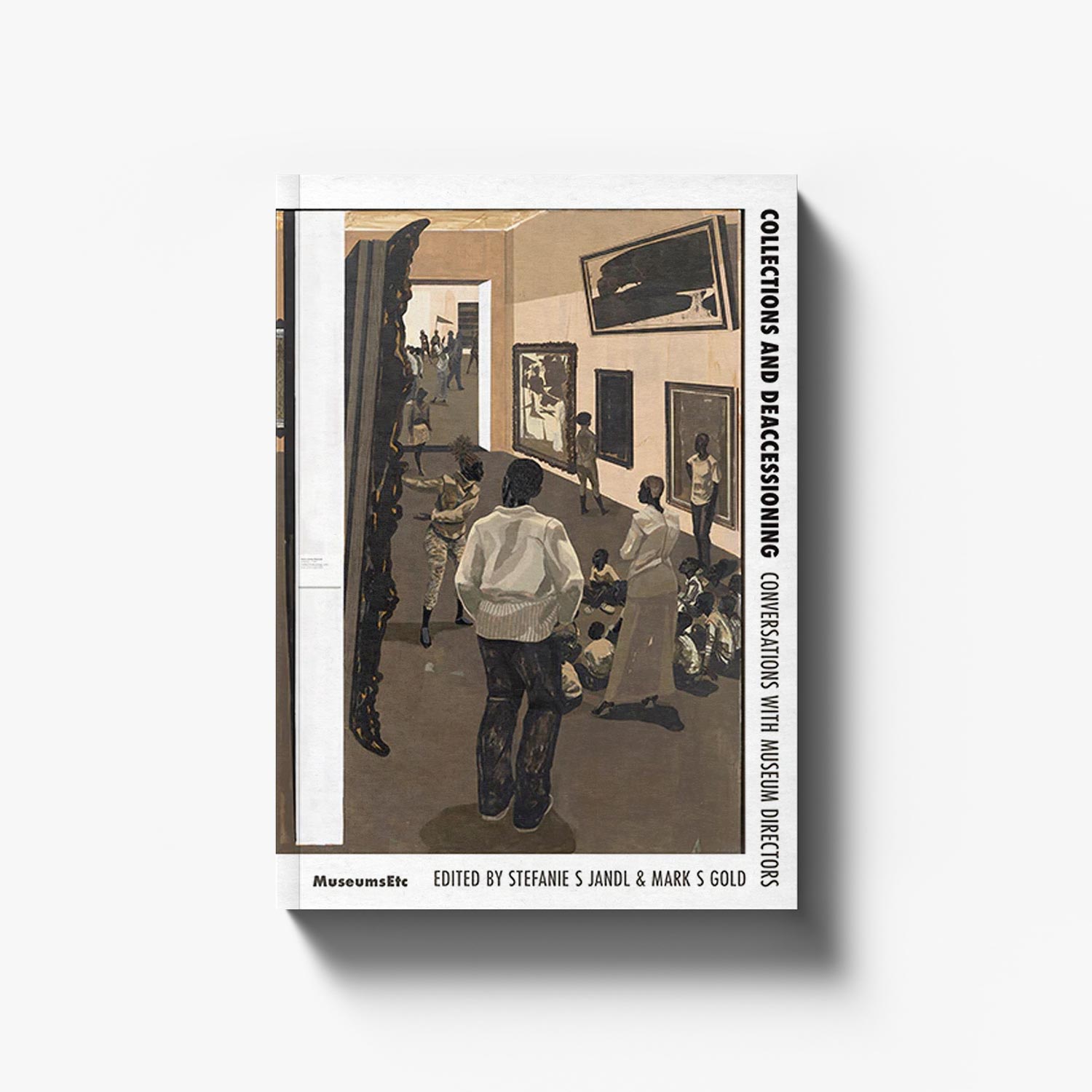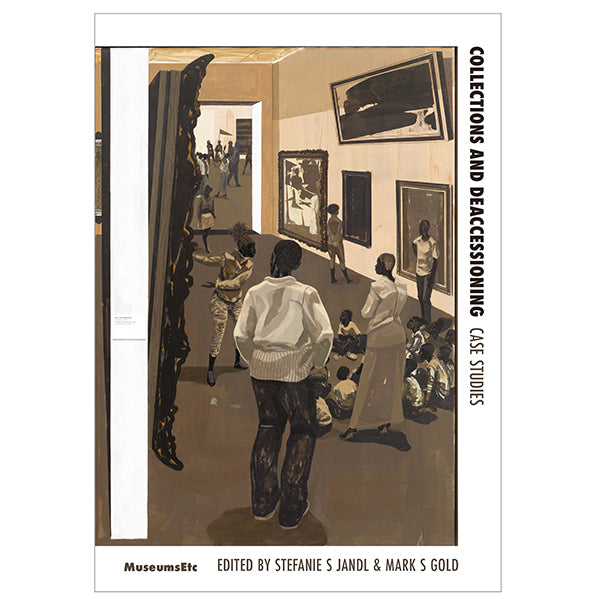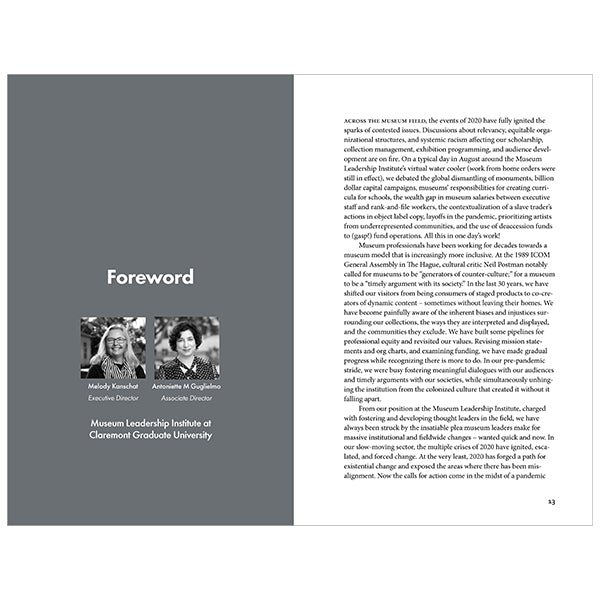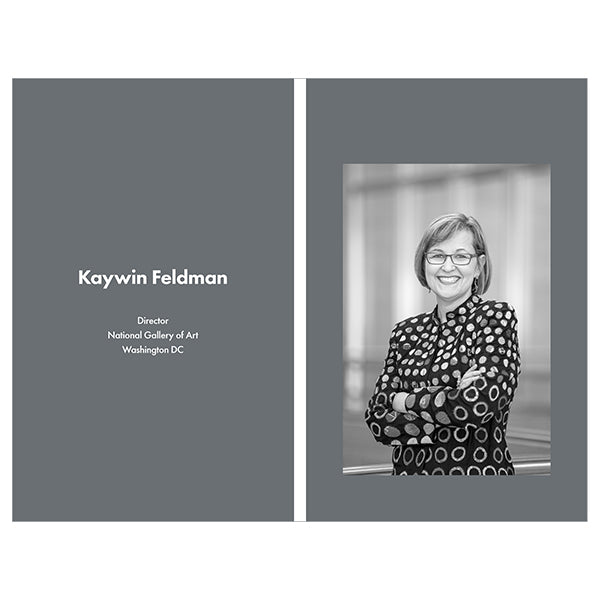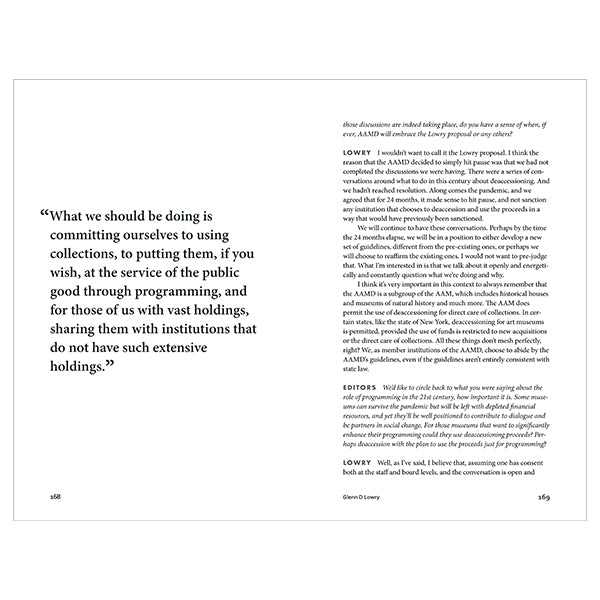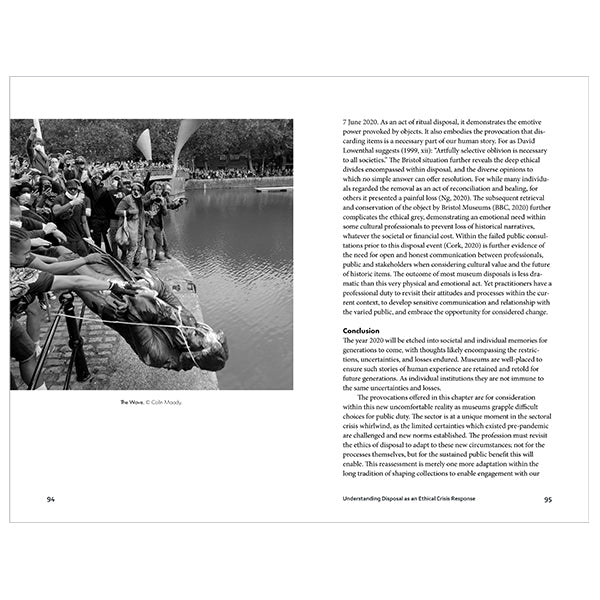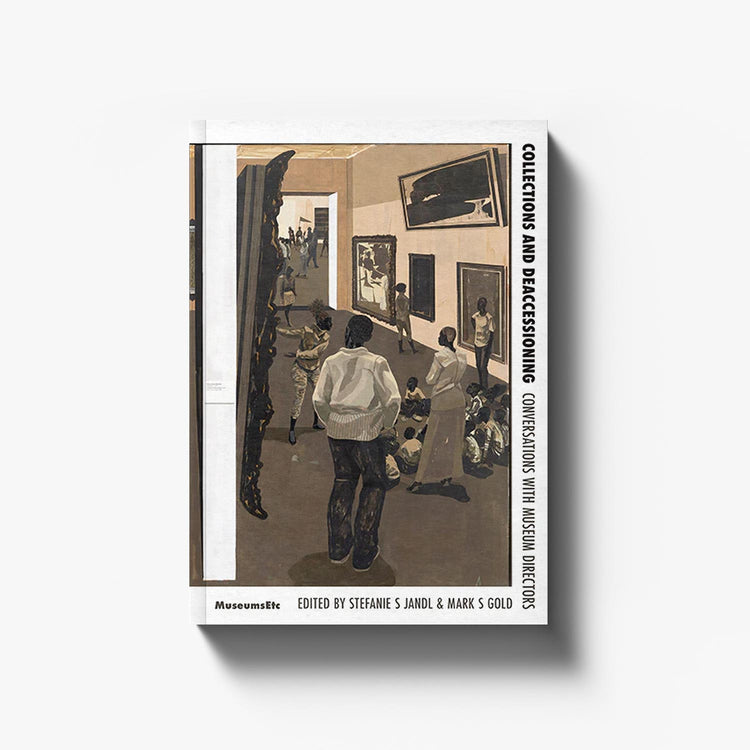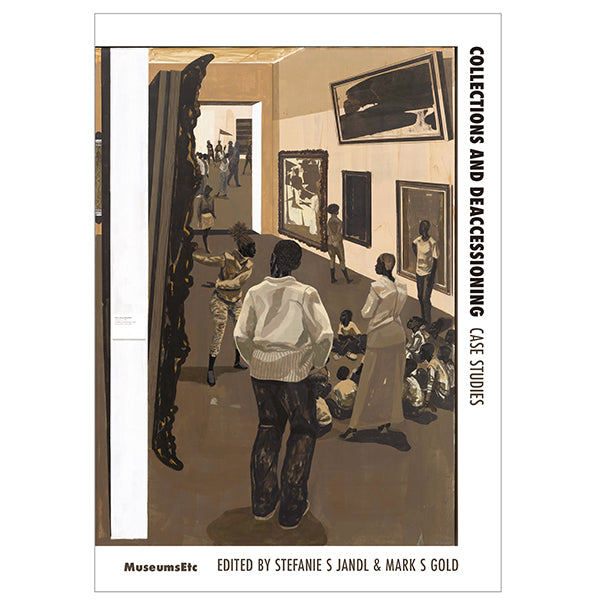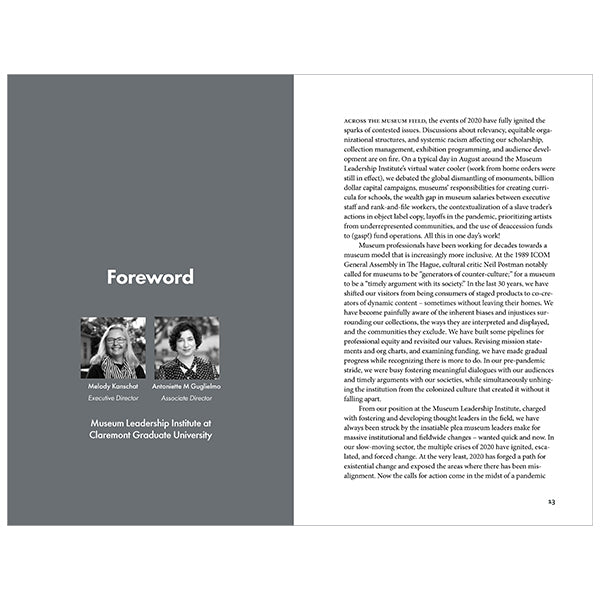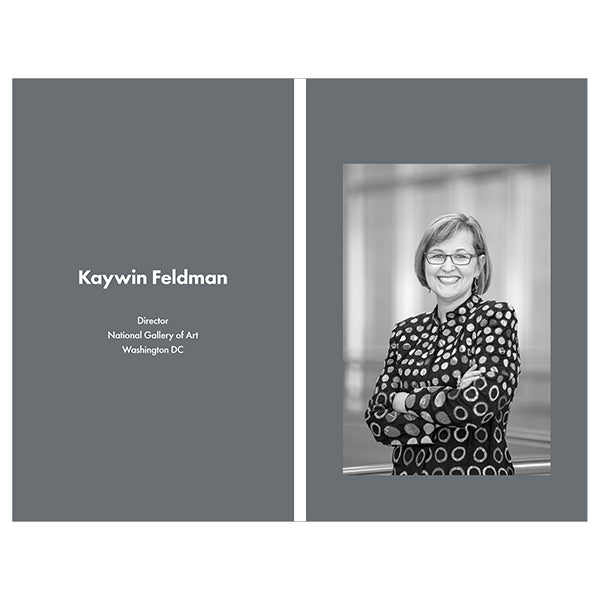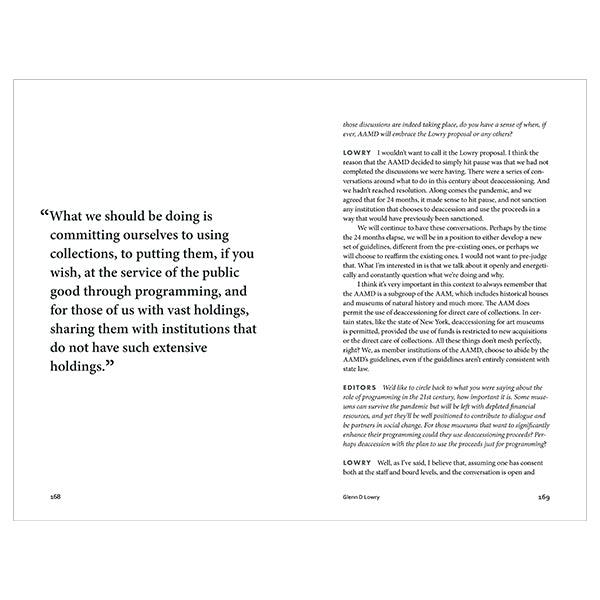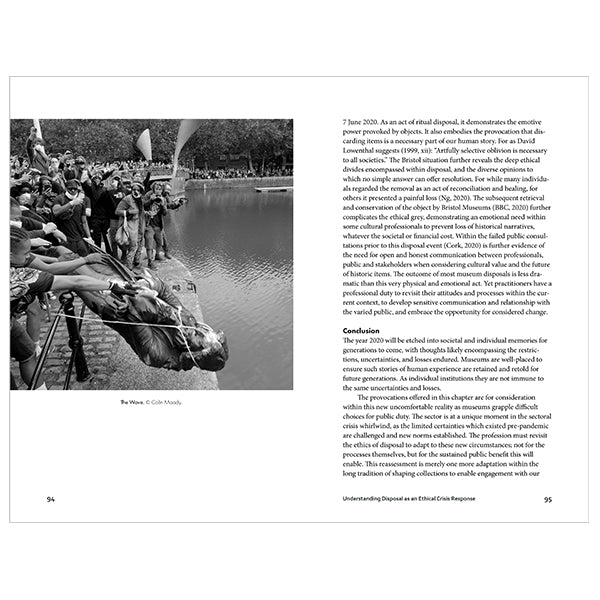Description
Contents list
More
Less
Editors
More
Less
Reviews
More
Less
Data
More
Less
Shipping Information
More
Less
Photography Collection
We charge just £5 for worldwide shipping on all our printed books.
Digital Editions
Digital items are sent immediately and automatically via email with a link to download your purchase.
Taxes and customs
Please note that printed books which are shipped may incur import duty or taxes, which vary according to country, and which are payable by the receiver.
European & International orders
When ordering goods for delivery you may be subject to import duties and taxes which are levied once the goods reach the destination. Any such additional charges for customs clearance must be borne by you. We have no control over import duties and taxes and cannot predict what they may be.
Description
Collections and Deaccessioning in a Post-Pandemic World is a major new 950-page resource which draws on the experience and thinking of some of the world's most experienced and respected museum professionals, with a Foreword by Melody Kanschat and Antoniette M Guglielmo of the Museum Leadership Institute.
Contributors include:
• Christine Anagnos | Director, AAMD
• Christopher Bedford | Director, Baltimore Museum of Art
• Thomas Campbell | Director, Fine Arts Museums of San Francisco
• Michael Conforti | Former Director, Clark Art Institute
• Adrian Ellis | Director, AEA Consulting
• Kaywin Feldman | Director, National Gallery of Art
• Linda Harrison | Director, Newark Museum Art
• Glenn Lowry | Director, MoMA
2. Towards a New Reality
3. Case Studies
Contents list
Editors
Reviews
Data
Shipping Information
Photography Collection
We charge just £5 for worldwide shipping on all our printed books.
Digital Editions
Digital items are sent immediately and automatically via email with a link to download your purchase.
Taxes and customs
Please note that printed books which are shipped may incur import duty or taxes, which vary according to country, and which are payable by the receiver.
European & International orders
When ordering goods for delivery you may be subject to import duties and taxes which are levied once the goods reach the destination. Any such additional charges for customs clearance must be borne by you. We have no control over import duties and taxes and cannot predict what they may be.
You May Also Like


